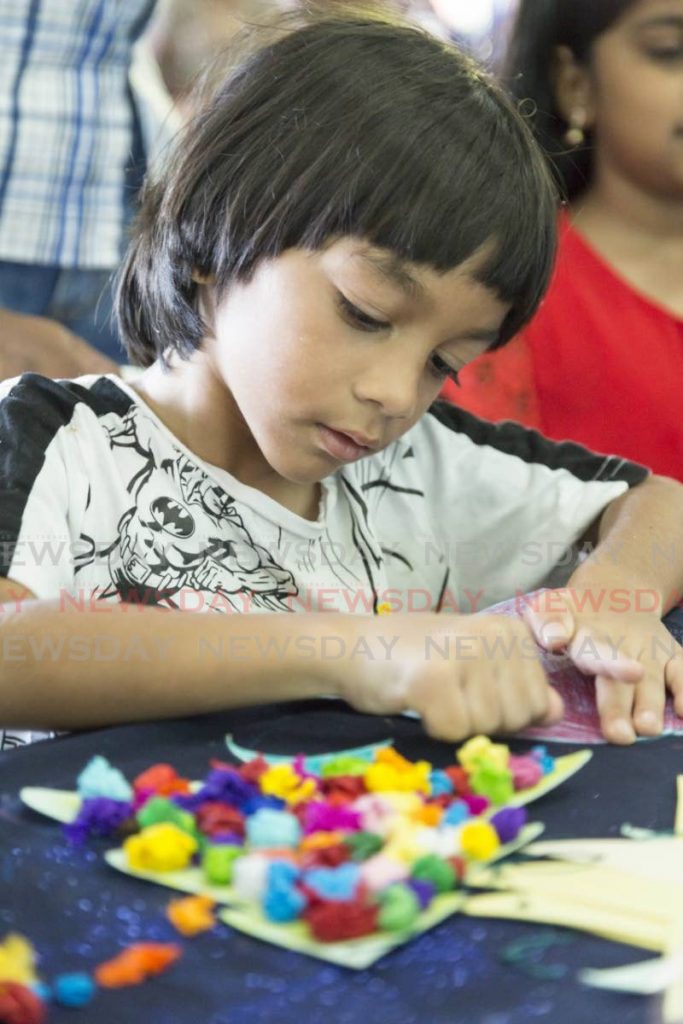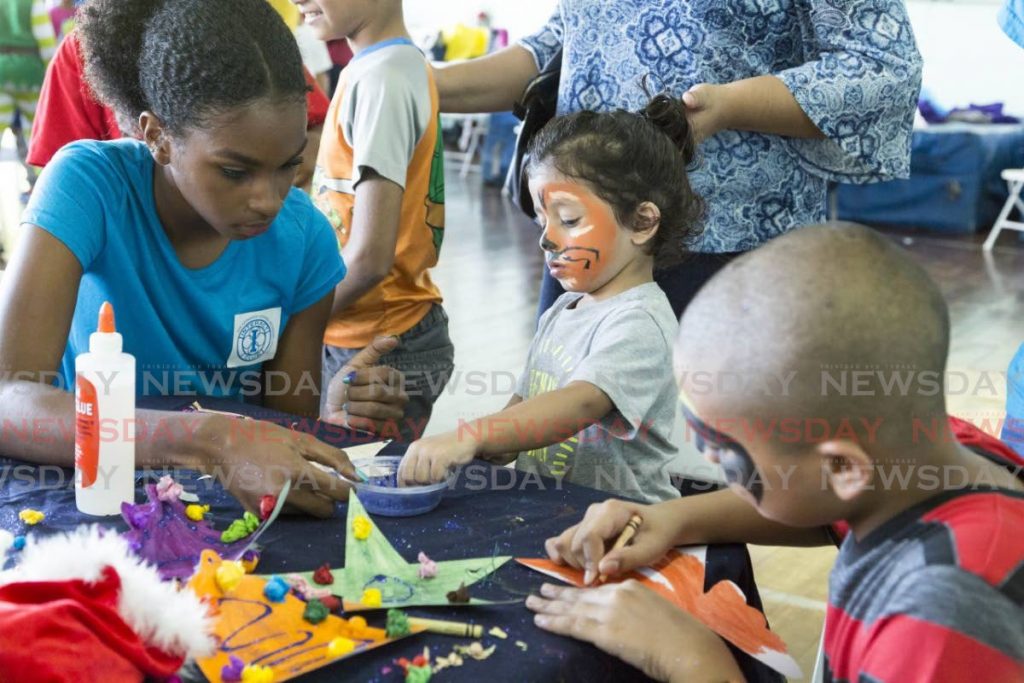Dissing disability

DR RADICA MAHASE
MY name is Annie and I am a primary school teacher. My son Matthew is nine years old and he attends the same primary school where I teach. He was diagnosed with autism right before he turned three years. I recognised the signs and I was able to act on it quickly. Initially, I sent him to a pre-school near to my work and when he turned six my principal agreed to take him into our primary school although we do not have any special needs teacher.
My colleagues were very willing to work with him; one of his teachers even did an online course on teaching special needs children so she could teach him.
Most of the time he is non-verbal but he understands everything. Sometimes the bad days are more frequent than the good days and then his grandfather has to come and take him home, but he’s still in school and we’re still working with him.
Every year we do two sessions to help the children understand Matthew. One is always in September, when we start the academic year. This one is mostly for the new children, the little babies coming into the school. Another teacher and I would explain, as simply as possible, that Matthew was different, but they can still play with him etc.

-
Then on December 3, or as near as possible to that date, we do one for the bigger children. This one is more detailed – we sit and talk to them about being different and how they can help someone who is different.
A few months ago we had an incident when two of the standard five boys were going around saying "Miss Annie son retarded," so this year we decided to speak to them about language and how they use it. We explained to them that words like "retarded," "stupid" or "handicapped" have negative connotations and they can make a person feel less than a person.
They had to come up with a scenario where they were the ones with special needs and someone was calling them retarded, etc, and they had to imagine how it would feel in the situation. Many of them said they felt unimportant, like they were not good enough to be part of the class. They felt like everyone hated them and they felt ashamed to be around others. When asked how they could help a friend with special needs, their main response was to stand up for their friend and make sure that no one bullies him or her.
Every year we make it a big deal to celebrate International Day of Persons with Disabilities and we make sure that the entire school participates. The younger kids get various craft projects to do. This was the first year that we had a debate competition amongst the stand five students. The topic was “Disability or different ability.”
The team that won argued that the word "disability" gave a more realistic idea of what living with a disability could be like. They noted that "different ability" softens the reality, makes it look like this person has various interesting abilities but does not focus on the part where that person is unable to do so many things and the struggles that the person has to live with every day.
Their opponents, however, pointed out that "disability" is negative and restrictive and doesn’t focus on what the individual can actually do, only on what the person cannot do. They argued that "different ability" allows for an individual to explore things he or she can do with no limits.
Having these kinds of conversations when we celebrate International Day of Persons with Disabilities every year, allows us to educate them in a way that no curriculum or textbook can do. Open discussions, role play and different scenarios help them to better understand and interact with those with special needs.
At standard four and five level the focus is always on finishing the SEA curriculum, but at my school the principal and teachers decided that every year, for that one day, International Day of Persons with Disabilities, we will try to teach our children to really appreciate a child who is different from them.
As a parent who is also a teacher, I don’t want to label my child but ultimately, if I say my child has a disability or a different ability, it doesn’t matter. He is still Matthew. He is still my child.
Dr Radica Mahase is founder/director, Support Autism T&T

Comments
"Dissing disability"